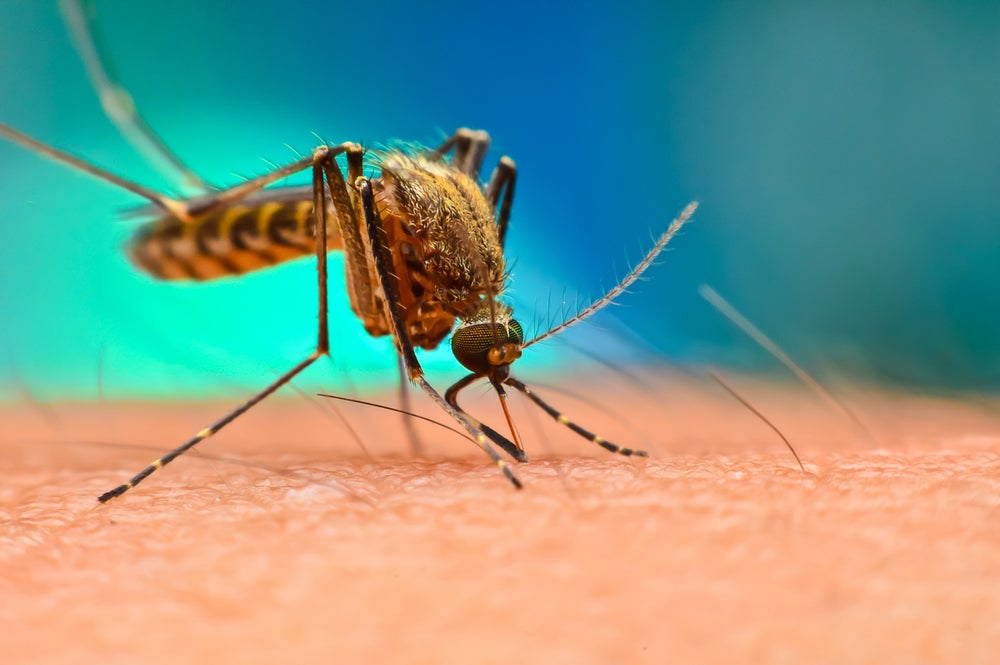The World Health Organization (WHO) estimates that 3.9 billion people are at risk of infection with the dengue virus (DENV) globally.
DENV is transmitted to humans through the bite of an infected mosquito; this most commonly occurs in tropical regions that provide the perfect conditions for mosquito-borne viral transmission.
Upon infection with DENV, 50%-80% of those affected will be asymptomatic. However, those with symptoms will initially present with headache, high fever, body aches, nausea, or a rash, which is known as dengue fever.
In more severe circumstances, dengue fever can develop into dengue hemorrhagic fever, a condition that causes internal bleeding and organ damage and can sometimes be fatal.
According to the WHO, the incident cases of DENV have increased from approximately 505,000 cases in 2000 to 5.2 million cases in 2019.
This year, several cases of DENV have been reported in areas of Europe that have never reported cases before.

US Tariffs are shifting - will you react or anticipate?
Don’t let policy changes catch you off guard. Stay proactive with real-time data and expert analysis.
By GlobalDataAccording to Miryam Naddaf, who published an article in Nature in October 2023, 1,414 cases of imported dengue were reported in France by October 27 of the year, compared to 217 cases in 2022.
These incident cases likely originate from travellers who were infected with DENV and brought the virus back from more tropical regions.
However, the warmer weather conditions present at this time of year in Southern Europe have provided an environment with optimal temperatures for local infectious tiger mosquitoes (Ades albopictus) to breed and transmit the virus within new populations.
The European Centre for Disease Prevention and Control said that there have been locally transmitted cases in Italy, Spain, and France.
Due to the asymptomatic nature of the disease, the breakout is likely to be a lot larger than anticipated.
Patricia Schlagenhauf at the University of Zurich, Switzerland, said “It’s a situation that warrants an awful lot of attention,” as concerns arise around the exponential increase of temperatures throughout European countries at this late-year period.
Countries that experience year-round epidemics of dengue fever report several millions of cases.
However, Naddaf says that it is unlikely that cases in Europe will ever reach these levels due to the colder temperatures experienced during the continent’s winter.
But this remains an emerging issue that needs to be monitored, as the disease pattern is unlike any that has been seen before in tropical regions.






